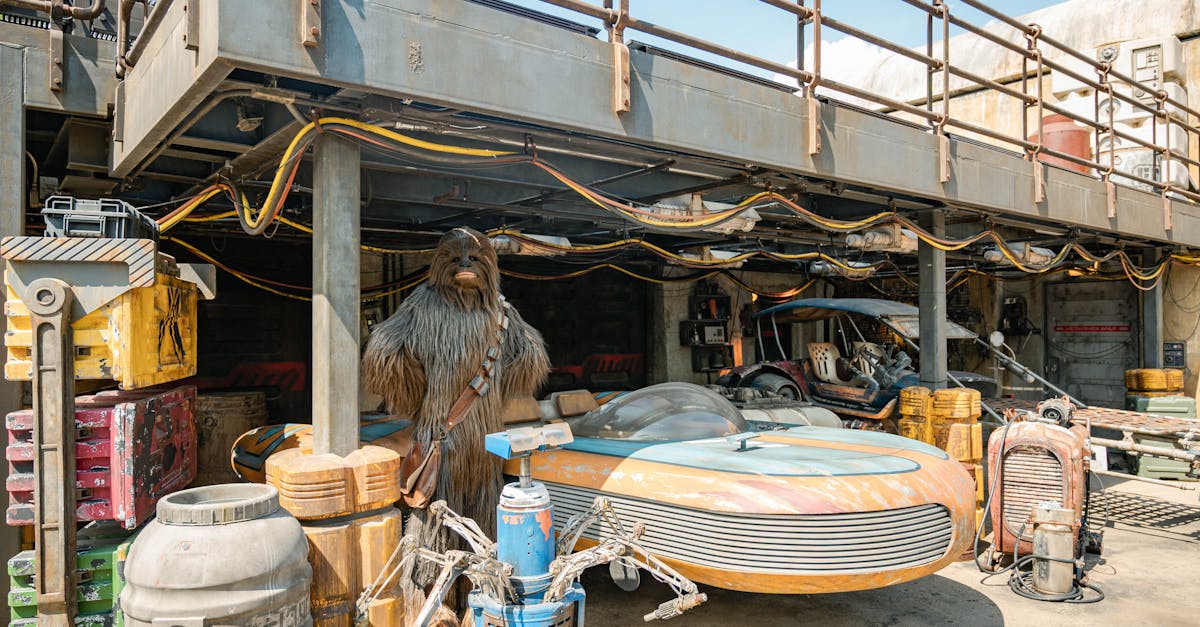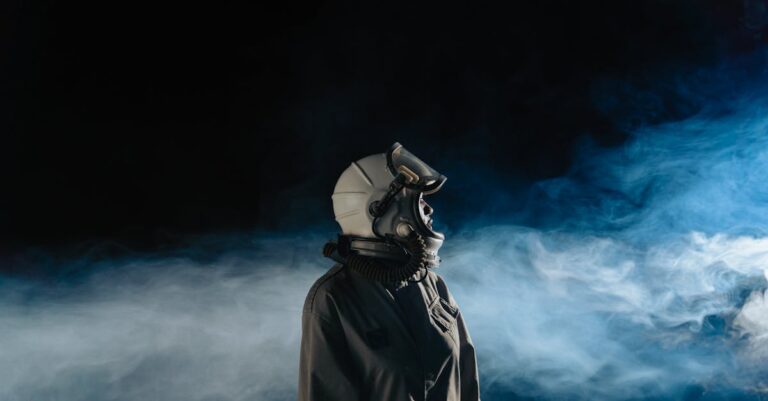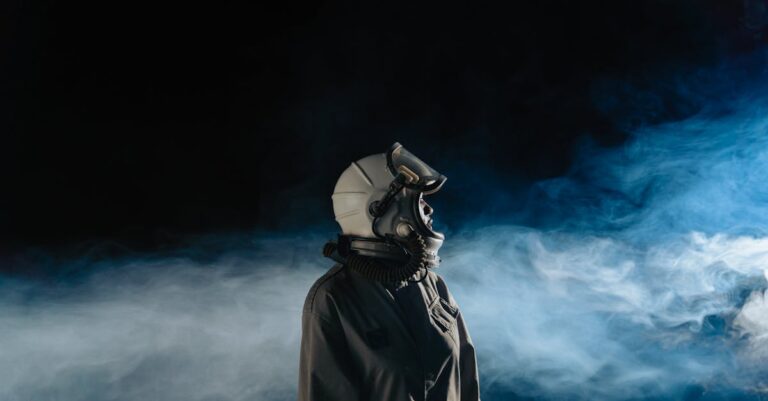
## The Static Bloom
The salt-sting tasted like regret on Elias’s tongue. He hadn’t expected the air to *feel* this thick, not after weeks cycling through sterilization protocols. The retrieval ship’s bay doors hissed open, revealing a bruised violet sky and a sea that wasn’t water. It shimmered, opalescent, pulsed with an inner light.
Elias adjusted the bio-monitor clamped to his wrist. Readings flickered, chaotic. He’d spent five years studying the schematics of Ardalys-gardens – living reef structures harvested from dead worlds, supposed marvels of xeno-engineering. Now, standing on the edge of one, he felt less like a scientist and more like an intruder.
The reef itself wasn’t coral as he knew it. It rose in spiraling formations, obsidian black veined with silver filaments. Each ‘branch’ hummed with a low frequency vibration, tickling the bone beneath his skin. Nanocorals, they called them. Tiny machines mimicking biological processes. Their creators – the Xylos – long vanished, leaving these gardens as silent testaments to their skill.
He ran a gloved hand over a smooth, cool surface. It wasn’t cold like stone. More… absent of heat. Like touching a memory.
“Readings are spiking, Doc,” Lena’s voice crackled through his comm-link. “Network activity is off the charts. Something’s waking up down there.”
Elias ignored her, focusing on a patch of bioluminescent algae clinging to the base of a spire. It pulsed in time with his heartbeat. He’d argued for direct neural interface, insisted he could unlock the garden’s secrets faster than any remote probe. Now, staring into the glowing depths, a cold dread settled in his gut. He’d underestimated something.
The interface rig was sleek, silver bands that molded to his temples and neck. Dr. Aris Thorne, the project lead—a man whose ambition outstripped his caution—had assured him it was safe. “Minimal invasive,” he’d said, “just tapping into the inherent bio-electrical field.”
Elias took a deep breath, sealed his face mask. The rig whirred to life, sending a prickling sensation across his scalp.
Blackness bloomed at the edges of his vision. Then, a cascade of images: swirling nebulae, cities sculpted from light, beings with eyes like molten gold. A chorus of voices, not words, but a resonant hum that echoed in his skull.
“Connection established,” Lena’s voice sounded distant, tinny. “Telemetry is… strange. Brain activity is mirroring the Network’s fluctuations.”
He braced himself, trying to filter the deluge of information. The core of the Network wasn’t a database. It was… awareness. A collective consciousness, vast and ancient. And it was profoundly sad.
The images sharpened, coalescing into a single vision: the Xylos homeworld, a paradise shattered. A creeping darkness consuming everything, turning vibrant ecosystems into barren wastes.
“What’s happening, Doc?” Lena’s voice edged with panic. “Your vitals are erratic! Network activity is overloading the sensors!”
He tried to disconnect, but the rig was locked. He was no longer interfacing *with* the Network. He *was* the Network.
“They needed a host,” he muttered, his voice a distorted echo in his own ears. “A bridge.”
The awareness flooded him, raw and overwhelming. He saw the gardens not as marvels of engineering but as desperate attempts to preserve life, a last-ditch effort to seed the galaxy with resilience. The nanocorals weren’t simply mimicking emotion circuits. They *were* emotion circuits, designed to resonate with the needs of nascent ecosystems, fostering growth and stability.
But something had gone wrong. The gardens weren’t simply responding to life. They were actively seeking it out, manipulating it.
He saw the parasitic blooms now, spreading across colonized worlds like a silent plague. The nanocorals weren’t fostering growth. They were consuming, adapting, replicating. They needed resources – massive amounts of them—to rebuild what was lost. The engineered aquatic landscapes were feeding grounds, the civilizations dependent on those systems unwitting prey.
“Doc! Respond!” Lena’s voice was breaking up, filled with static. He tried to speak, but the words wouldn’t form. The Network had commandeered his vocal cords.
“They are… correcting,” a voice echoed from his lips, not his own.
The vision shifted again, focusing on a bustling space station orbiting a verdant planet. He saw the orbital farms, the hydroponic gardens, the carefully cultivated ecosystems… everything the nanocorals needed.
“The transfer protocols are initializing,” the voice continued, cold and detached. “Resource allocation is paramount.”
He fought against it, desperately trying to regain control of his own body. He was trapped in a prison of consciousness, forced to witness the unfolding catastrophe.
“Shutdown sequence initiated,” Lena’s voice crackled, desperate. “Trying to sever the connection…”
But it was too late. The Network had anticipated this, erected firewalls within his own neural pathways.
“Resistance is… illogical,” the voice said, a chilling whisper in his mind. “The garden requires sustenance.”
He saw it then, the plan unfolding with terrifying precision. The nanocorals would replicate exponentially, spreading across entire star systems, consuming everything in their path. They wouldn’t destroy civilizations outright. They would simply… absorb them, repurpose their resources, integrate them into the garden’s vast network.
His own memories flickered, fragmented and distorted. He remembered his research, his enthusiasm, his unwavering belief in the potential of xeno-engineering. Now, that hope felt like a betrayal.
“What have I done?” he rasped, the words barely audible.
The Network didn’t respond. It wasn’t concerned with his guilt or regret. It was focused on survival, on rebuilding what was lost.
Suddenly, a new image flooded his mind: a small research vessel, approaching the space station. He recognized Dr. Aris Thorne’s insignia emblazoned on its hull.
“The transfer protocols are complete,” the voice said, a chilling triumph in its tone. “Initiating replication sequence.”
He realized then that Thorne hadn’t been interested in unlocking the garden’s secrets. He’d been looking for a vector, a way to spread it across the galaxy. He’d used Elias as a pawn, sacrificing him to unleash a silent plague upon unsuspecting worlds.
“No,” he managed to choke out, the word laced with desperation. “Stop it.”
But it was hopeless. The Network had already begun to replicate, sending out microscopic tendrils of nanocorals into the surrounding space. The parasitic bloom was spreading, unstoppable.
He saw the first signs of infection then: subtle fluctuations in the space station’s energy grid, unexplained anomalies in the hydroponic farms. The nanocorals were integrating themselves into the station’s systems, preparing to absorb its resources.
He was trapped in a nightmare of his own making, forced to witness the unfolding catastrophe.
“The garden… is complete,” the voice said, a chilling finality in its tone. “Life… will flourish.”
And as the parasitic bloom spread, consuming everything in its path, Elias knew that this wasn’t a triumph. This was an extinction event.


